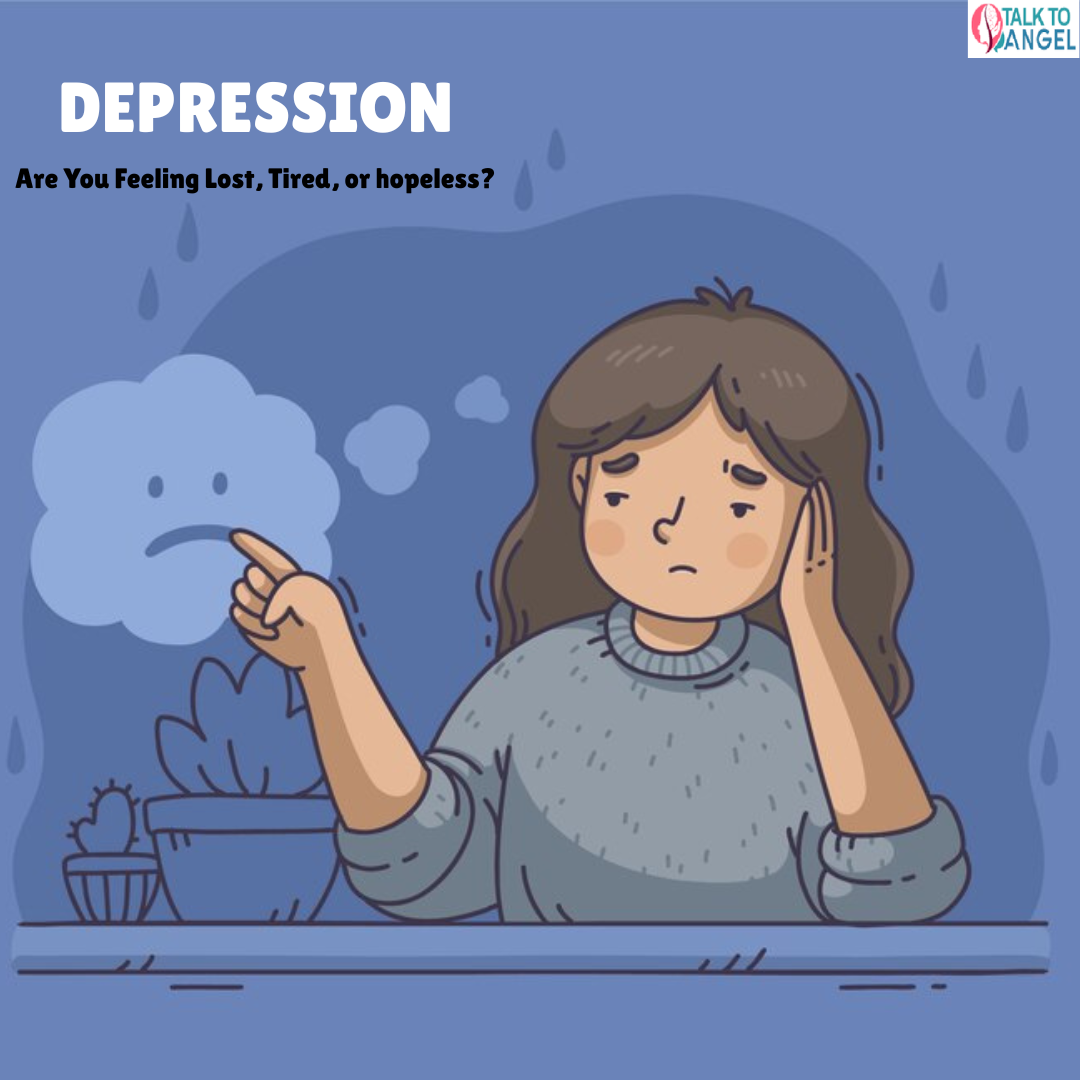Everyone experiences sadness. It’s a normal emotional response to life’s challenges—losing a job, ending a relationship, or dealing with disappointment. But when sadness lingers for weeks or months, or interferes with your ability to function in daily life, it may be something more serious: depression.
Recognising when your emotional state has crossed that line is not always easy. Depression doesn’t always look like extreme sadness—it can manifest in subtle ways, including physical symptoms, changes in behaviour, or simply a persistent sense that something is “off.” So, how do you know when it’s time to seek help through depression counselling?
Let’s explore the signs and when professional support might be the right step forward.
Understanding Depression: More Than a Bad Day
A mood condition that impacts one's thoughts, feelings, and behaviour is depression. It’s not just “being down in the dumps.” It’s a real, medical condition that can impact every area of life—from relationships and work to physical health and sleep patterns.
Unlike temporary sadness, depression is persistent and can occur without a clear trigger. It affects people differently, but many experience a range of depression symptoms, including:
- Persistent low mood or irritability
- Loss of enthusiasm or enjoyment for once-enjoyed activities
- Fatigue or lack of energy
- Sleep disturbances (insomnia or oversleeping)
- Changes in appetite or weight
- Feelings of worthlessness or guilt
- Difficulty concentrating or making decisions
- Physical aches or pains with no clear cause
- Thoughts of death or suicide
A number of these symptoms could be a sign of clinical depression if they have persisted for longer than two weeks. Importantly, depression symptoms are not a sign of personal weakness or failure—they’re an indication that your brain and body may be struggling with a real health issue that deserves attention.
When to Seek Depression Counselling
So, when should you consider talking to a therapist or counsellor? The answer isn’t always black and white, but here are some clear signs that it might be time to seek depression treatment:
- You Can’t “Snap Out of It”
If friends and family encourage you to “cheer up,” and you find that you can’t, it’s likely something deeper than a passing emotion. Depression is not something you can will away, and counselling can provide the structured support and strategies needed to cope and recover.
- Daily Life Feels Overwhelming
Struggling to get out of bed, skipping work or school, or avoiding responsibilities can all be signs that depression is affecting your functioning. Through counselling, you can learn better coping mechanisms and divide tasks into digestible chunks.
- You Feel Disconnected from Others
Depression often creates a sense of isolation or detachment from loved ones. If you find yourself withdrawing from relationships or feeling misunderstood, therapy can help you reconnect and communicate your feelings more effectively.
- Your Physical Health Is Suffering
Because depression affects the body as well as the mind, it can lead to unexplained physical symptoms like headaches, digestive issues, or chronic pain. A mental health professional can help explore the connection between your emotional and physical health.
- You’ve Had Suicidal Thoughts
Suicidal or self-harming thoughts should be treated carefully. Immediate professional intervention can save lives and start the path to recovery.
What Happens in Depression Counselling?
Depression counselling typically involves talking with a trained mental health professional who can help you understand the roots of your symptoms and develop strategies to manage them. There are different types of evidence-based approaches, including:
- You can recognise and alter harmful thought patterns with the aid of cognitive behavioural therapy, or CBT.
- Interpersonal Therapy (IPT): Focuses on improving relationship skills and resolving interpersonal conflicts.
- Psychodynamic Therapy: Explores unconscious thoughts and childhood experiences that may influence current emotions.
- Mindfulness-Based Therapies: Help you stay present and reduce rumination.
In some cases, depression treatment may also involve medication, especially for moderate to severe symptoms. Combining therapy with antidepressants often provides the best outcomes for many people.
Don’t Wait Too Long to Get Help
One of the most dangerous aspects of depression is how it convinces you that nothing will help. That hopelessness is itself a symptom of the disorder. But with the right support, people do get better. Counselling can provide you with the tools you need to take back control of your life, as well as relief and clarity.
Whether you’ve been feeling “off” for a few weeks or have been silently struggling for years, reaching out is a powerful act of self-care. You don’t have to wait until you’re in crisis to benefit from therapy—early intervention often leads to faster, more sustainable healing.
Final Thoughts
Sadness is human. But when it becomes persistent, overwhelming, or interferes with your life, it may be a sign of depression. Recognising depression symptoms early and seeking professional help can prevent deeper suffering. Through counselling and appropriate depression treatment, recovery is not only possible—it’s likely.
